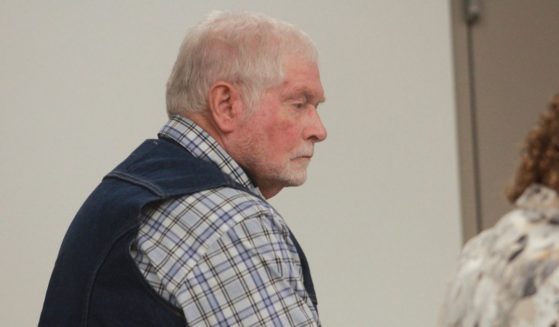Accident Leads to Incredible Discovery, Regrowing Coral Reefs Like Never Before
When you have a task to complete, many times it seems best to hunker down and focus solely on finishing that task until it’s done. Whether that’s writing a novel, making sales calls or writing lesson plans, putting everything else out of your mind and getting to work is a proven means to accomplish your goals.
When you have blinders or tunnel vision, though, you often forget to stop to smell the roses or see what’s going on around you and what valuable lessons or insights you might be missing.
Plenty of scientists have made discoveries by accident, and have found useful inventions or information in their pursuit of something completely different. That’s how we’ve gotten duct tape, super glue and even microwaves.
Now another scientist, Dr. David Vaughan, has made a discovery that could potentially regrow coral reefs in a fraction of the time it would normally take. According to BBC, it started with brokenness.
“Little did I know that one elkhorn coral attached itself to the bottom of the aquarium,” Vaughan said. “So when I went to move it, it stuck, and I heard a breaking sound.”
“And it had broken into many tiny pieces. They grew back to the same size in just a few weeks that it had taken three years to grow.”
Upon realizing what this could mean, he tested it out on more and more species of coral until he confirmed that this fragmentation method worked brilliantly with all of the Florida Keys varieties.
The painstaking process of growing coral has been obliterated by this discovery. Under normal conditions, it can take corals up to seven decades to reach maturity; now, it could take as few as three.
Being able to regrow corals nearly 40 times faster than before means a lot of reefs could be restored.
“Corals the size of a small car could be 200-500 years old, so it might take centuries for it to come back. We now take a coral the size of a golf ball and cut it into 20 to 100 microfragments,” Vaughan said.
“Each fragment grows back to that size in as little as a few months, and when they touch each other as they’re growing, they recognize each other as themselves and fuse back together.”
Vaughan has some big plans for the future and has even stayed on longer so he can see the coral reefs regrown.
“This is now a new discovery that can give real hope for our coral reefs that has never been there before,” he told BBC. “So I postponed my retirement until I see a million corals replanted back on the reef.”
Truth and Accuracy
We are committed to truth and accuracy in all of our journalism. Read our editorial standards.












